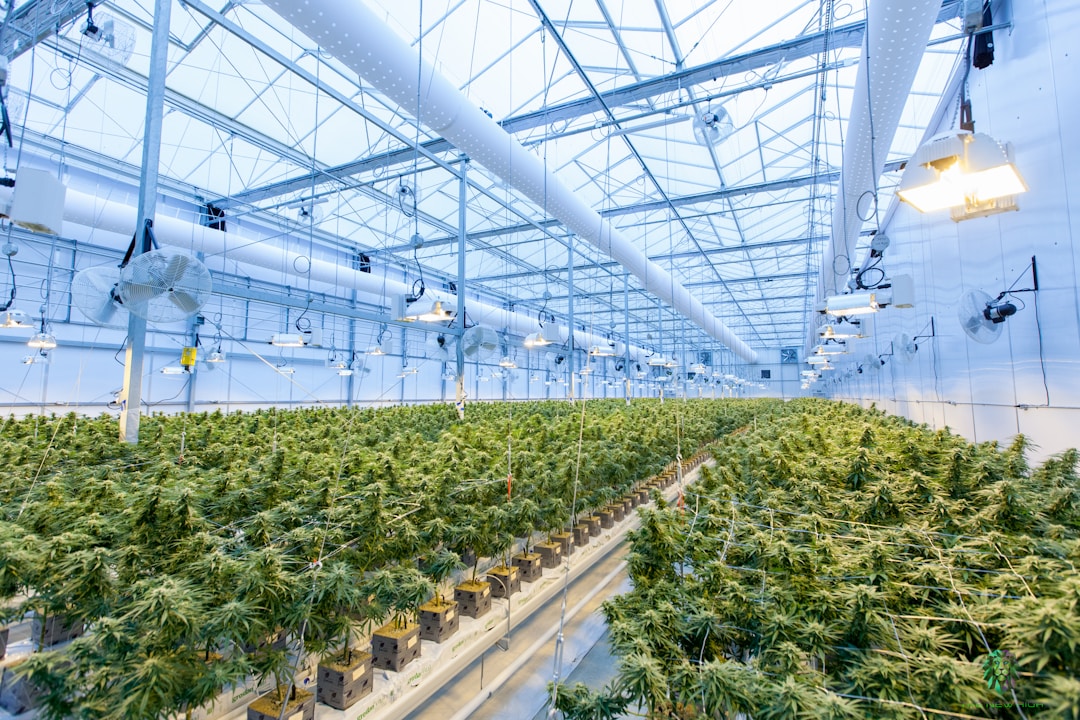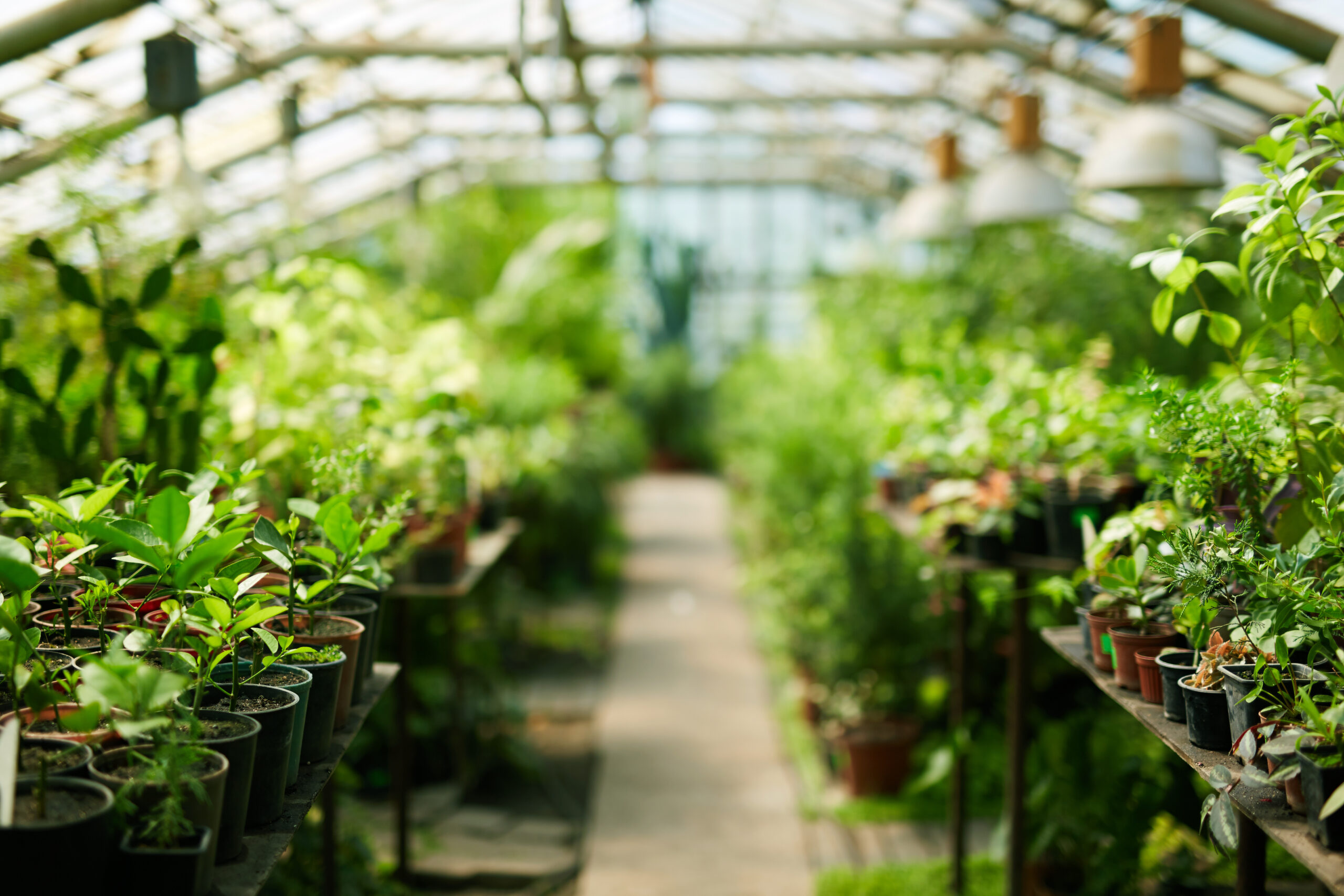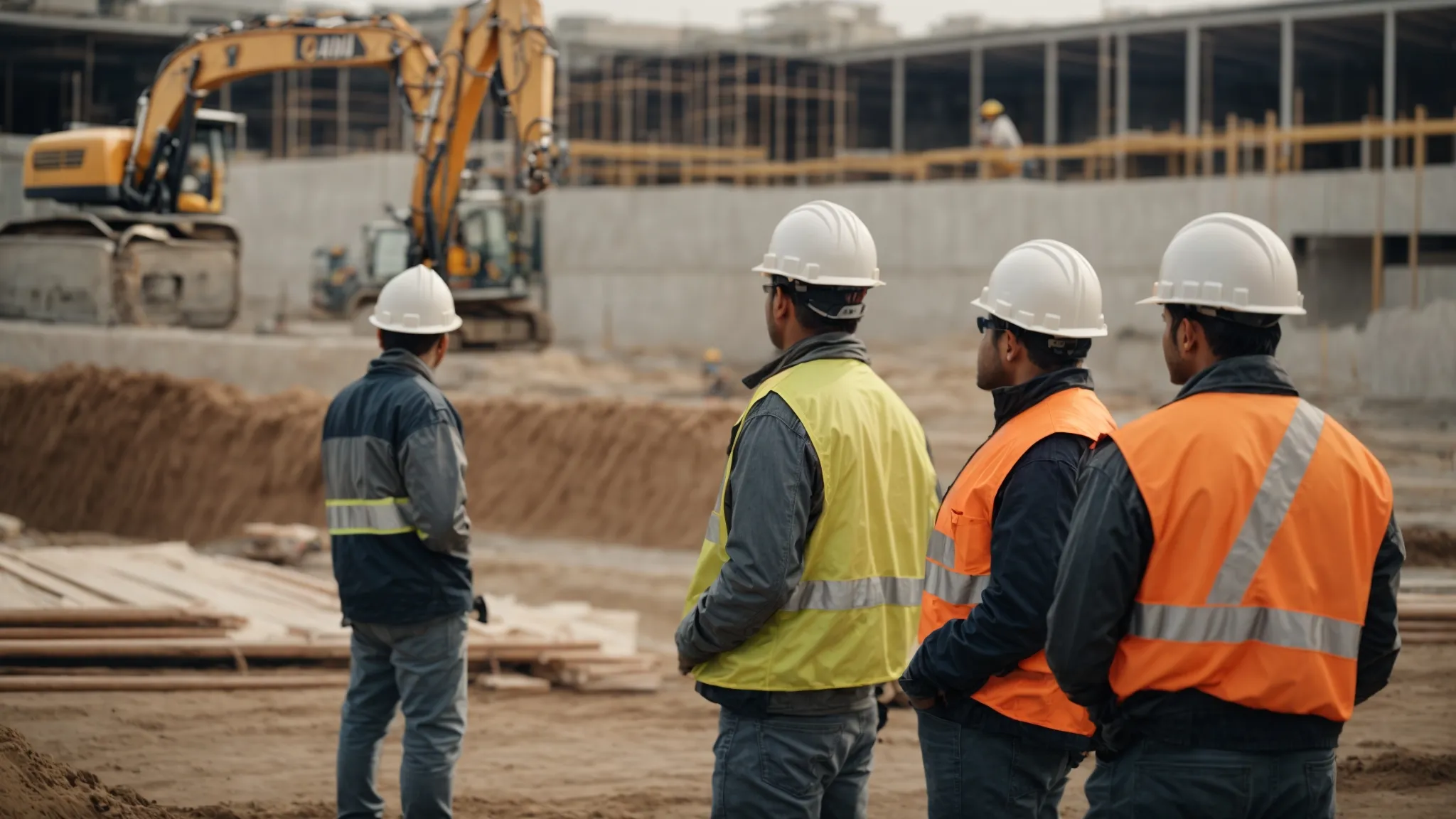Helpful Tips for Opening a Commercial Greenhouse
The idea of running a commercial greenhouse is enticing for many entrepreneurs and seasoned growers alike. Implementing the right practices from the start can make all the difference in yielding healthy crops and securing profitability. A successful commercial greenhouse requires careful planning, adherence to legal regulations, and the adoption of advanced technology for optimum plant growth. Below, we outline some tips and strategies to launch and operate a commercial greenhouse. Keep reading to discover some of the steps for turning your green-thumb ambitions into a thriving business.
Understanding the Basics of Commercial Greenhouse Setup

Getting started with a commercial greenhouse begins with a clear comprehension of greenhouse infrastructure. This includes the physical structure, which should be designed to withstand local weather conditions while providing the right environment for plants. There is no doubt that your choice of materials—such as glass, plastic, or polycarbonate—will influence heat retention, durability, and cost.
Growers need to consider supplemental lighting for their plants, especially during seasons with limited natural sunlight. Innovative greenhouse lighting systems from Sollum Technologies offer customizable spectra to simulate natural sunlight, enhancing plant growth and reducing energy consumption. Incorporating a quality greenhouse lighting system in a commercial greenhouse is necessary for year-round growing, providing optimal light conditions, ensuring uniformity, enabling customizable light durations, and reducing energy costs.
Temperature and humidity controls are another vital component. A well-designed heating and cooling system enables year-round operation, regardless of outside conditions. Ventilation is equally meaningful for preventing disease and maintaining air quality, which directly impacts plant health.
Navigating Legal Considerations and Zoning for Greenhouses
One can never be too careful when dealing with legalities and zoning regulations. Before constructing a greenhouse, you need to understand the local zoning laws. These laws determine where greenhouses can be located, the allowable size, and the proximity to other structures or residences. Acquiring permits is a crucial step that should not be overlooked. This process often involves submitting detailed plans, demonstrating adherence to building codes, and ensuring that all operations align with environmental regulations. Failure to comply can lead to delays, fines, or even the ceasing of operations.
Greenhouse business owners also need to be aware of agricultural regulations, which can affect pest management strategies and the use of certain chemicals. Beyond just the greenhouse itself, safety considerations for employees and visitors are paramount. Safety training, access to first aid, and investing in reliable DFW fire equipment are non-negotiable aspects of running a safe greenhouse operation. Being proactive in fire prevention in particular protects your investment and the continuity of your business.
Marketing Your Greenhouse Products to the Right Audience

Successful marketing begins with knowing your audience. Identifying the needs and preferences of your target market will guide the selection of crops, as well as inform pricing and promotional strategies. Whether focusing on local restaurants, farmers’ markets, or wholesale distributors, understanding customer demands is essential. Building a strong brand is another aspect of marketing for a commercial greenhouse.
Digital marketing cannot be ignored in this era. A robust online presence through a professional website and active social media engagement expands reach and enhances customer relationships. Offering valuable content such as gardening tips, recipes, or behind-the-scenes looks at the greenhouse operation can enhance engagement and loyalty. Forming partnerships within the community, such as with local chefs, schools, or community gardens, can also foster goodwill and create additional sales channels.
As you can see, a commercial greenhouse is a complex yet rewarding venture that requires careful consideration and strategic planning. From understanding foundational greenhouse requirements to navigating legalities, selecting the ideal location, embracing technological advancements, and engaging in effective marketing tactics, success in this field is multi-faceted. Overall, with the right knowledge and commitment, your commercial greenhouse can bloom into a sustainable and lucrative business.



